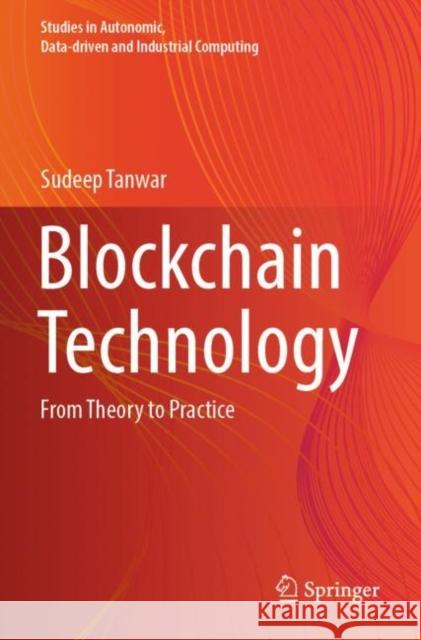Blockchain Technology: From Theory to Practice » książka
topmenu
Blockchain Technology: From Theory to Practice
ISBN-13: 9789811914904 / Miękka / 2023 / 408 str.
Blockchain Technology: From Theory to Practice
ISBN-13: 9789811914904 / Miękka / 2023 / 408 str.
cena 322,01
(netto: 306,68 VAT: 5%)
Najniższa cena z 30 dni: 308,41
(netto: 306,68 VAT: 5%)
Najniższa cena z 30 dni: 308,41
Termin realizacji zamówienia:
ok. 16-18 dni roboczych.
ok. 16-18 dni roboczych.
Darmowa dostawa!
Kategorie:
Wydawca:
Springer Verlag, Singapore
Seria wydawnicza:
ISBN-13:
9789811914904
Rok wydania:
2023
Ilość stron:
408
Wymiary:
23.5 x 15.5
Oprawa:
Miękka
Dodatkowe informacje:
Wydanie ilustrowane











